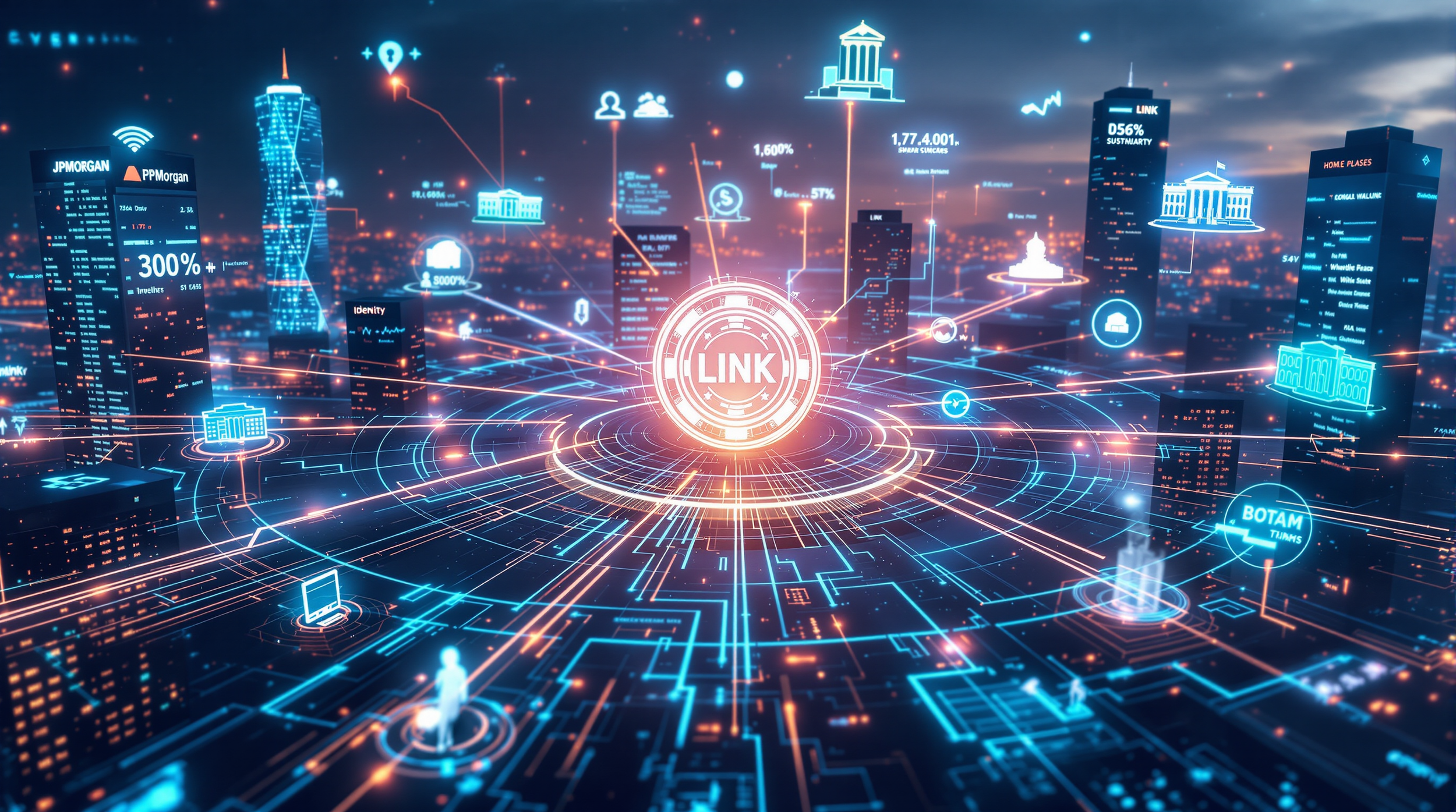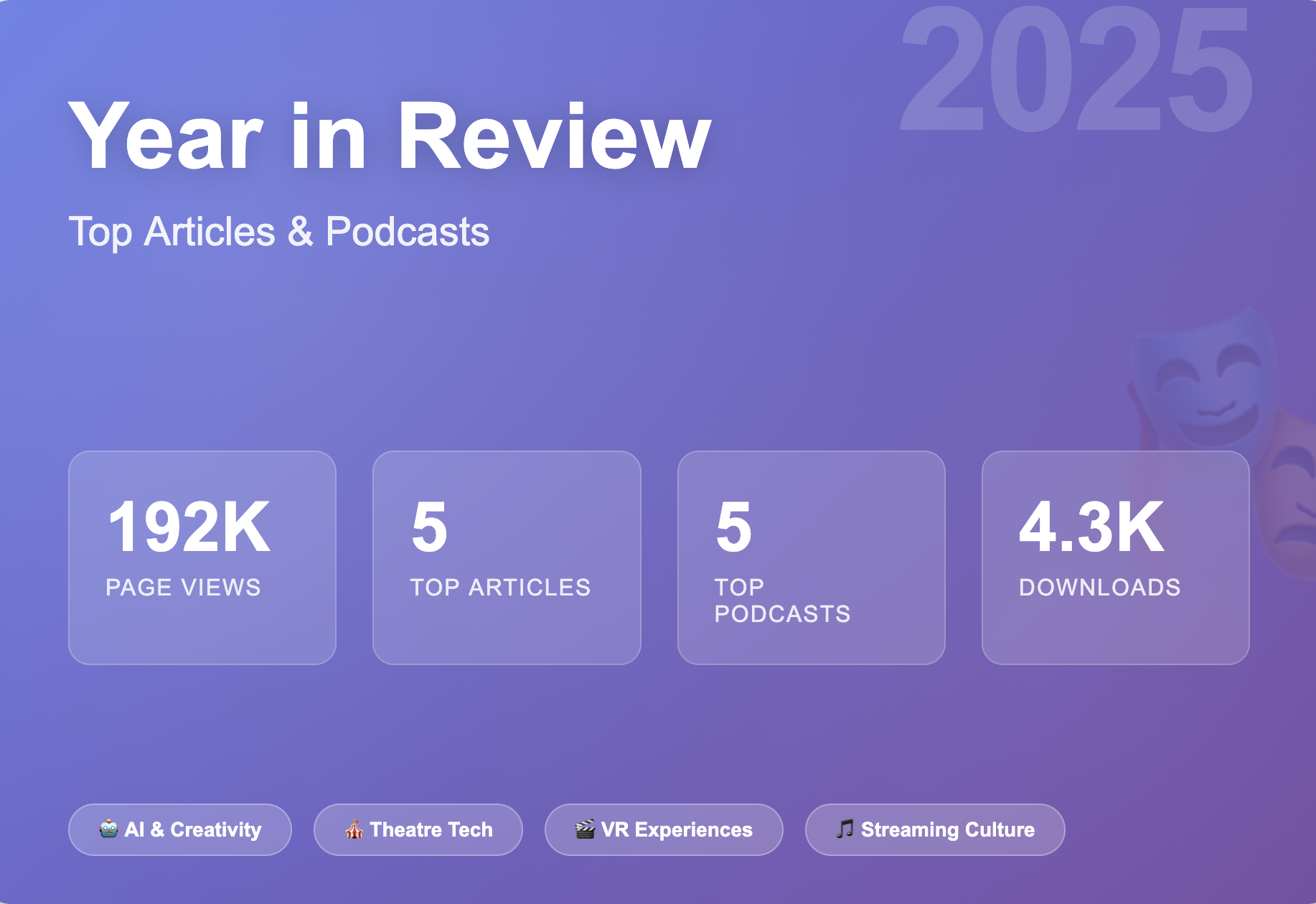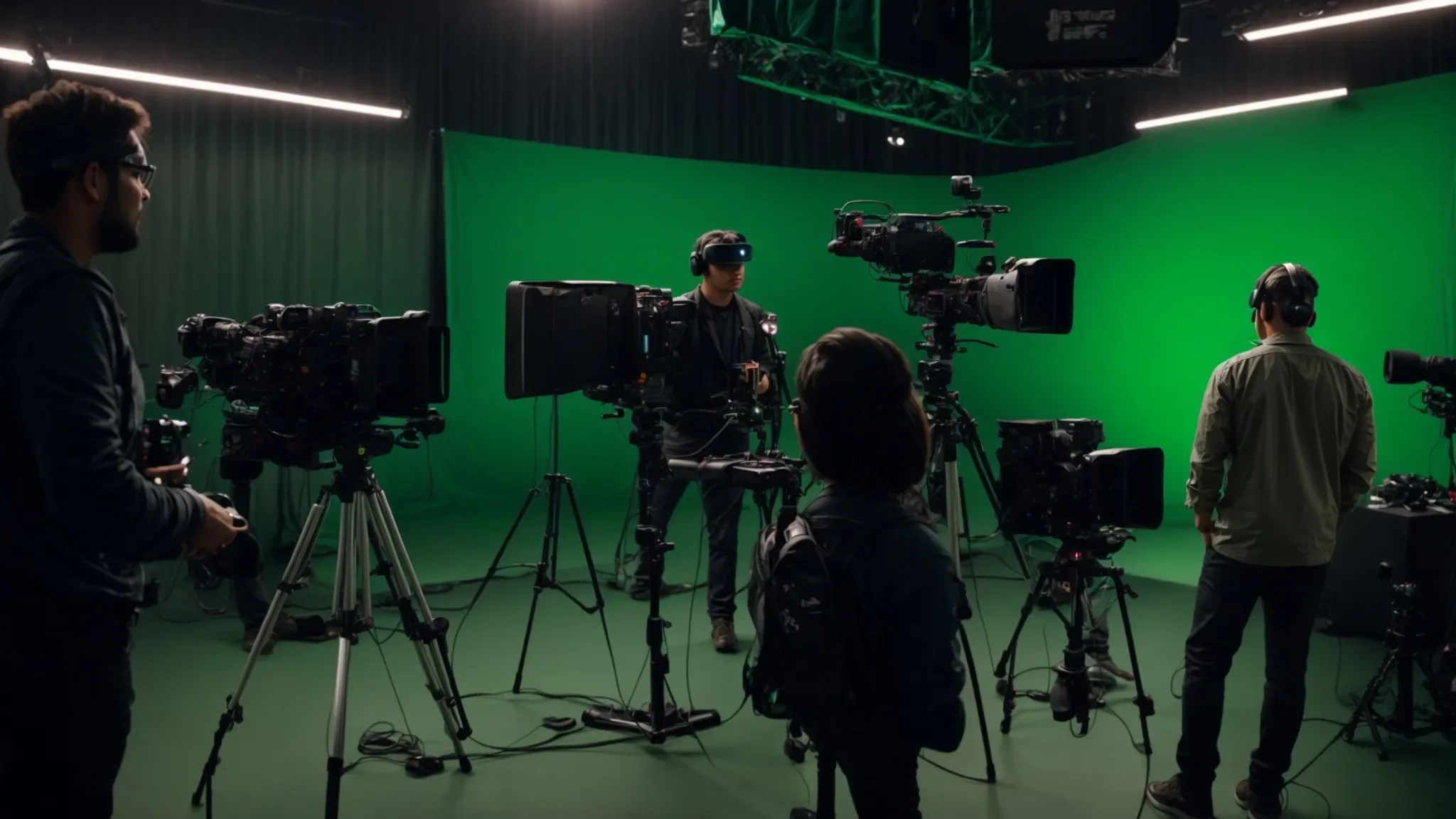2022 was a year of major changes in the world of tech in the arts. To close out the year with the AMT Lab December news recap, we compiled stories based on the top themes of 2022. Some major headlines involved AI ownership ethics, social media controversies, crypto crashes, and the future of NFTs.
In the News: October 2022
As issues surrounding AI and NFTs continue to come to light, conversations about ethical uses of technology become more complex. This month, we are taking a look at stories that address the issues of data privacy in AI technology, the ongoing legal battlefield of NFTs, and digital strategies in theatre.
TBT: Education, Gamification, & Public Policy
The Monopoly Game: How Consolidation Jeopardizes Content Independence in Gaming
Throughout my tenure as Chief Editor of Research at AMT Lab, I have focused on the benefits of the gaming industry for nonprofits, as well as the monopolistic tendencies and battles of Big Tech, specifically regarding arts and entertainment. Recently, these two worlds have collided, as a wave of consolidation in the gaming industry has raised a new set of antitrust concerns across the globe. In the center of it all? None other than Microsoft, a Big Tech giant that has evaded the antitrust spotlight over the past few years – until now. Due to the expanding value of the video gaming industry at over $300 billion, mergers and acquisitions seemed an obvious destiny bound for the trials and tribulations of antitrust litigation. Microsoft has successfully inserted itself into the gaming industry, incited the largest wave of consolidation that it has ever seen, and merged its dominant position in the sector with its Big Tech-skewed Metaverse goals.
The Importance of Nonprofits' Prioritization of Patron Privacy
In 2021, TikTok updated its privacy policy which allowed it to collect biometric data on its users, including faceprints and voiceprints. Rather than explicitly informing its users about this change, the app vaguely communicated that they were issuing a “privacy update.” Once people found out what the update entailed, concern rightfully grew. This type of data collection indicates a significant shift from companies collecting behavioral data on their consumers to something much more invasive and without true consent. Only 36% of Americans trust tech companies using facial recognition technology. In general, public trust in Big Tech has been steadily falling in the United States. Regardless, however, most people still click “accept” to the Terms & Conditions on any website without actually knowing what is being agreed to, indicating a disconnect between what US citizens expect from businesses and what is actually being conducted. With a lack of national protection, nonprofit organizations must assume responsibility in protecting personal consumer data and using it ethically.
Why Arts Nonprofits Should Care about Big Tech Lawsuits
Antitrust lawsuits in the United States had its historical beginnings with the Carnegie Steel and Standard Oil monopolies. The early 20th century was a time of trust-busting and a battle of government regulation of these industries, which were seemingly impossible to control due to their power through insurmountable wealth and market domination. Then, the 70s and 80s saw the trust busting of the Bell System in the sector of telephones and communication. Now, almost exactly a century after the passing of the antitrust laws and almost a half-century after the most recent conglomerate disaggregation, monopolies adjacent to the industry of telephone and communications run rampant in the United States – and the government is again facing difficulty in quelling their expansive power. This article will analyze three ongoing and one recently closed antitrust cases against Amazon, Apple, Alphabet, and Meta, and suggest effects that the rulings may have on how the nonprofit industry functions.
What the Arts Need to Know about Big Tech
Upon broaching the subject of Big Tech, the consideration of arts organizations is often forgotten, and the focus is solely placed on Silicon Valley and the lucrative world within. But with the increased attention into the world of Big Tech (specifically Apple, Amazon, Alphabet [Google], and Meta [Facebook]) as a result of continual antitrust lawsuits, privacy violations, and the global struggle in creating effective policies to limit these companies’ powers, it is becoming more evident that the activities of Big Tech span across a variety of industries, the arts and nonprofit sector included. This article will provide an overview of the Big Tech monopoly over data and privacy through its cross-market domination and explain its effects on the nonprofit world.












